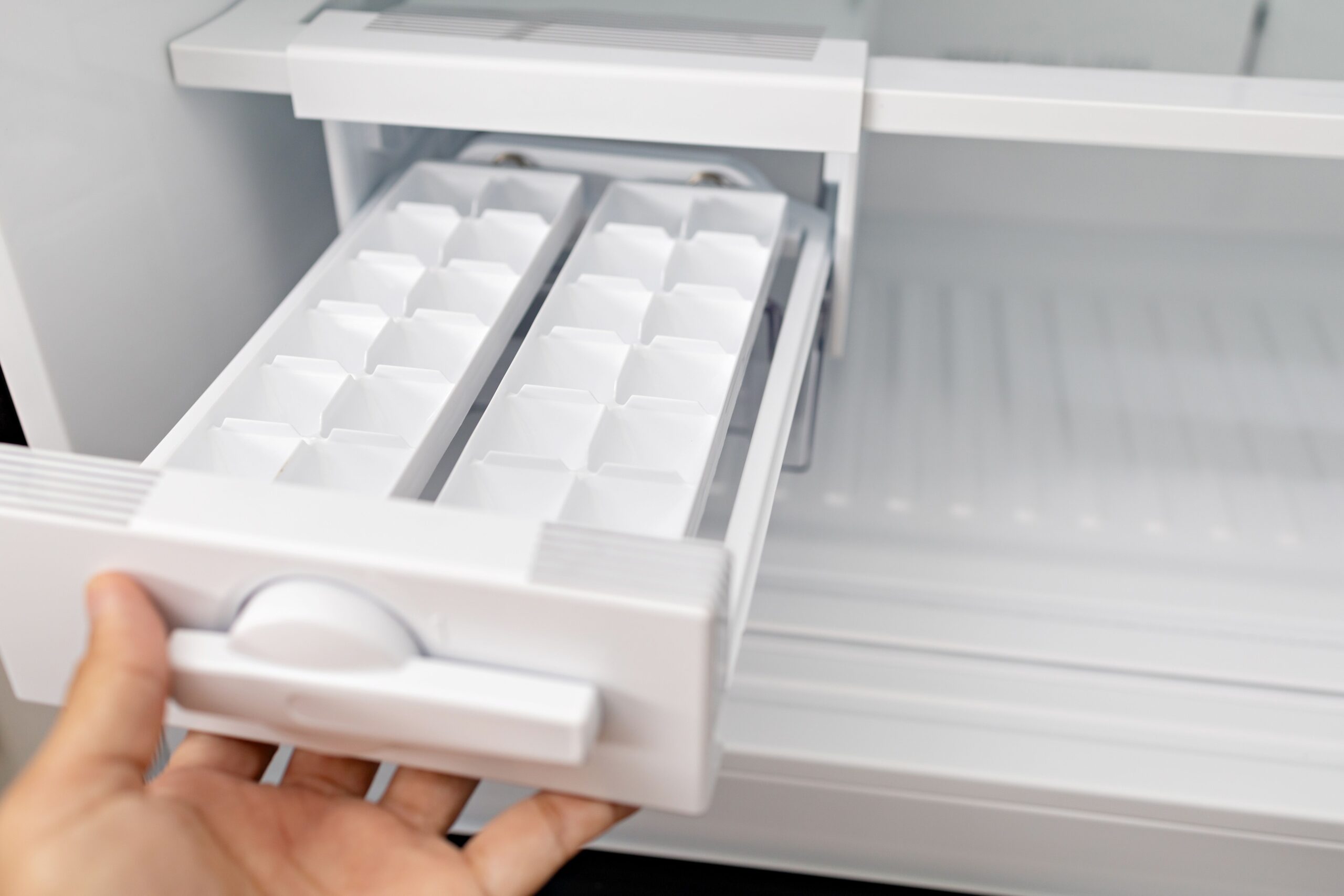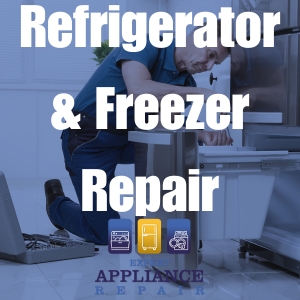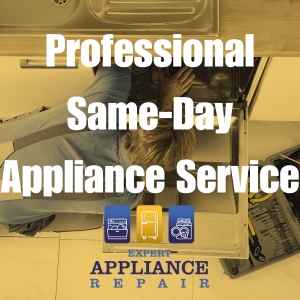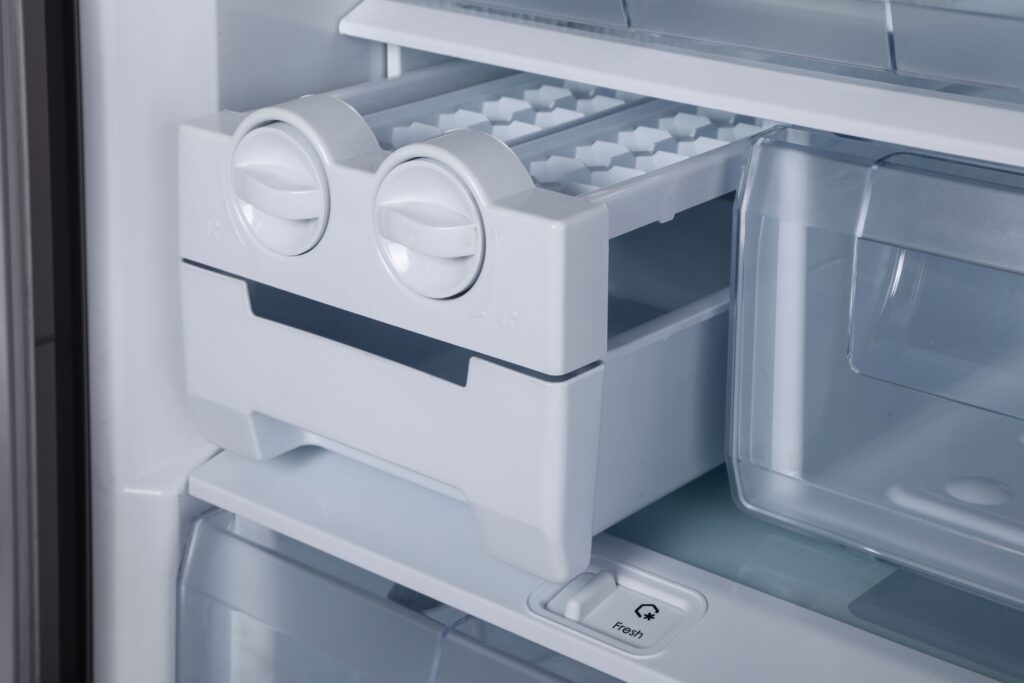
Common Ice Maker Issues That Require Professional Repair Services
An ice maker is a convenient and essential appliance in both residential and commercial settings. Whether it’s keeping drinks cold at home or providing a steady supply of ice for a restaurant, a well-functioning ice maker is a key part of daily operations. However, like any appliance, ice makers can encounter problems over time. While some minor issues might be resolved with basic troubleshooting, many ice maker problems require the expertise of a professional repair service to fix effectively and safely. In this blog, we’ll explore the most common issues that necessitate professional ice maker repair services and why it’s important to address these problems promptly.
Understanding the Importance of a Well-Functioning Ice Maker
Before diving into specific issues, it’s important to understand why maintaining a properly functioning ice maker is so crucial. A malfunctioning ice maker can lead to several problems:
- Health and Safety Concerns: In commercial settings, such as restaurants or bars, a faulty ice maker can pose health risks. Contaminated or improperly frozen ice can lead to foodborne illnesses, affecting customers and damaging a business’s reputation.
- Inconvenience: For homeowners, a broken ice maker can be a significant inconvenience, especially during hot weather or when hosting guests. It can disrupt daily routines and force you to rely on less efficient methods of making ice.
- Increased Costs: Ignoring ice maker issues can lead to more significant problems down the line, resulting in costly repairs or even the need to replace the entire unit. Addressing problems early on can save money in the long run.
- Business Impact: In commercial environments, an ice maker that’s not working correctly can disrupt operations, lead to customer dissatisfaction, and even result in lost revenue if customers seek alternatives.
Given these potential consequences, it’s clear that maintaining your ice maker in good working condition is essential. Now, let’s explore some common issues that require professional repair services.

1. Ice Maker Not Making Ice
One of the most common and frustrating issues is when an ice maker stops making ice altogether. Several underlying problems could cause this, and diagnosing the exact cause often requires professional expertise.
Possible Causes
- Water Supply Issues: The ice maker relies on a steady water supply to produce ice. If there’s a problem with the water inlet valve, the water line is kinked, or the water filter is clogged, the ice maker may not receive enough water to produce ice.
- Faulty Water Inlet Valve: The water inlet valve controls the flow of water into the ice maker. If this valve is defective, it may not open or close properly, preventing water from entering the ice maker.
- Freezer Temperature: The freezer temperature plays a critical role in ice production. If the temperature is too high (above 10°F), the ice maker may not produce ice. This could be due to a malfunctioning thermostat, a faulty defrost system, or issues with the freezer’s cooling system.
- Ice Maker Control Module: The control module manages the ice-making process. If it’s defective, the ice maker may not cycle properly, preventing it from producing ice.
Why You Need Professional Repair
Diagnosing and repairing an ice maker that isn’t making ice can be complex, as it involves checking multiple components. A professional technician can quickly identify the root cause of the problem, whether it’s a water supply issue, a faulty valve, or a temperature problem. They have the tools and expertise to repair or replace the necessary parts, restoring your ice maker’s functionality.
2. Ice Maker Leaking Water
A leaking ice maker is another common issue that can cause damage to your appliance, kitchen, or commercial space. Water leaks can lead to mold growth, damage to surrounding cabinets and flooring, and even electrical hazards if the water comes into contact with wiring.
Possible Causes
- Clogged or Frozen Drain Line: The drain line is responsible for removing excess water from the ice maker. If the drain line is clogged with debris or frozen, water can back up and leak from the unit.
- Loose or Damaged Water Supply Line: The water supply line delivers water to the ice maker. If this line is loose, damaged, or improperly connected, it can cause water to leak.
- Faulty Water Inlet Valve: A malfunctioning water inlet valve can allow too much water to enter the ice maker, leading to overflows and leaks.
- Improper Installation: If the ice maker wasn’t installed correctly, it might not be level, causing water to spill out of the unit instead of flowing into the ice mold.

Why You Need Professional Repair
Water leaks can be challenging to pinpoint and fix, especially if they originate from within the ice maker. A professional repair service can accurately diagnose the cause of the leak, whether it’s a clogged drain line, a faulty valve, or an installation issue. They can then perform the necessary repairs to prevent further leaks and protect your home or business from water damage.
3. Ice Maker Producing Misshapen or Small Ice Cubes
When an ice maker starts producing misshapen, small, or cloudy ice cubes, it’s a clear sign that something is wrong. These issues not only affect the appearance and quality of the ice but can also indicate underlying problems that need attention.
Possible Causes
- Water Supply Problems: Inadequate water pressure or a restricted water flow can result in ice cubes that are too small or misshapen. This can be due to a clogged water filter, a kinked water line, or issues with the water inlet valve.
- Dirty Water Filter: A clogged or dirty water filter can restrict the flow of water to the ice maker, leading to undersized or misshapen ice cubes. Regularly replacing the water filter is essential to maintain proper ice production.
- Freezer Temperature Issues: If the freezer temperature is too high or fluctuating, the ice cubes may not freeze evenly, resulting in irregular shapes or smaller cubes. This could be due to a malfunctioning thermostat or cooling system.
- Defective Ice Mold Thermostat: The ice mold thermostat regulates the temperature at which the ice cubes freeze. If this thermostat is faulty, the ice cubes may not freeze correctly, leading to misshapen or small cubes.
Why You Need Professional Repair
Diagnosing the cause of misshapen or small ice cubes requires a thorough understanding of the ice maker’s components and how they work together. A professional technician can identify whether the issue is related to water supply, temperature control, or a faulty thermostat. They can then perform the necessary repairs or replacements to restore the ice maker’s performance and ensure consistent, high-quality ice production.

4. Ice Maker Making Strange Noises
Ice makers typically produce some noise during operation, such as the sound of water filling the ice mold or the ice cubes dropping into the bin. However, unusual or loud noises can indicate a problem that needs professional attention.
Possible Causes
- Clogged or Faulty Water Inlet Valve: A water inlet valve that’s clogged or not functioning properly can cause loud buzzing or humming noises as it struggles to fill the ice mold with water.
- Ice Buildup: Ice can sometimes build up around the ice maker’s components, causing grinding or knocking noises. This buildup can result from a malfunctioning defrost system or an improperly functioning thermostat.
- Motor or Fan Issues: The motor or fan inside the ice maker can produce grinding, clicking, or squealing noises if they’re worn out or damaged. These components are essential for the ice-making process, and any issues with them can affect the entire unit.
- Loose Components: Vibrations or loose parts inside the ice maker can cause rattling or clunking noises. Over time, screws or other fasteners may loosen, leading to increased noise levels.
Why You Need Professional Repair
Strange noises coming from your ice maker are often a sign that something is wrong internally. A professional repair technician can identify the source of the noise, whether it’s a clogged valve, ice buildup, or a faulty motor. They can then perform the necessary repairs to eliminate the noise and prevent further damage to the unit.
5. Ice Maker Not Dispensing Ice
If your ice maker is producing ice but not dispensing it, there’s clearly an issue that needs to be addressed. This problem is common in both residential and commercial ice makers with built-in dispensers.
Possible Causes
- Blocked or Jammed Dispenser Chute: Ice can sometimes get stuck in the dispenser chute, blocking the flow of ice. This can happen if the ice cubes are too large or have melted slightly and refrozen, causing them to stick together.
- Faulty Dispenser Motor: The dispenser motor powers the mechanism that pushes ice through the chute. If the motor is malfunctioning, the dispenser won’t be able to release the ice, even if the ice maker is working properly.
- Defective Dispenser Switch: The dispenser switch activates the motor when you press the lever or button to dispense ice. If this switch is defective, it won’t send the signal to the motor, preventing the ice from being dispensed.
- Ice Bucket Position: If the ice bucket is not positioned correctly, the dispenser mechanism may not engage, resulting in a failure to dispense ice. This issue can often be resolved by adjusting the bucket’s placement.
Why You Need Professional Repair
Dispensing issues can be caused by a variety of factors, from mechanical problems to electrical issues. A professional technician can diagnose the specific cause of the problem, whether it’s a jammed chute, a faulty motor, or a defective switch. They can then perform the necessary repairs to restore the dispenser’s functionality, ensuring you can access your ice easily.

6. Ice Maker Freezing Up or Overfilling
An ice maker that freezes up or overfills can lead to a range of problems, including blocked ice production, water leaks, and mechanical damage. These issues often require professional intervention to resolve.
Possible Causes
- Thermostat Issues: A malfunctioning thermostat can cause the ice maker to freeze up by allowing the temperature to drop too low. This can lead to ice buildup in the ice mold or other parts of the unit.
- Faulty Water Inlet Valve: If the water inlet valve doesn’t close properly, it can cause the ice maker to overfill with water. This can result in water spilling into the freezer or causing the ice mold to overflow.
- Defective Ice Level Control: The ice maker’s level control sensor monitors the amount of ice in the bin. If this sensor is faulty, it may fail to stop the ice maker when the bin is full, leading to overfilling.
- Improper Defrost Cycle: An ice maker that doesn’t defrost properly can cause ice buildup in the unit. This can block the ice mold or other components, preventing the ice maker from functioning correctly.
Why You Need Professional Repair
Freezing up or overfilling are complex issues that require a thorough understanding of the ice maker’s internal components. A professional repair technician can diagnose the cause of the problem, whether it’s a thermostat issue, a faulty valve, or a defective sensor. They can then perform the necessary repairs to prevent further damage and ensure the ice maker operates smoothly.
7. Ice Maker Producing Bad-Tasting or Smelly Ice
If your ice maker is producing ice that tastes bad or has an unpleasant odor, it’s not just an inconvenience—it’s a sign that something is wrong. Bad-tasting or smelly ice can result from several issues, some of which may require professional repair.
Possible Causes
- Contaminated Water Supply: If the water supply to the ice maker is contaminated with minerals, chemicals, or bacteria, it can affect the taste and smell of the ice. This issue may require a professional to inspect the water supply line or install a filtration system.
- Dirty Ice Maker Components: Over time, mold, mildew, and bacteria can build up inside the ice maker, particularly if it’s not cleaned regularly. This can lead to foul-smelling or bad-tasting ice. In some cases, a professional deep cleaning may be necessary to remove the buildup.
- Clogged Water Filter: A clogged or expired water filter can allow contaminants to pass through, affecting the quality of the ice. Replacing the water filter regularly can prevent this issue, but a professional may be needed if the filter is difficult to access or replace.
- Plastic or Rubber Odors: New ice makers or those with plastic or rubber components can sometimes impart a chemical smell or taste to the ice. If this issue persists, a professional may need to inspect the unit for faulty materials or recommend a solution.

Why You Need Professional Repair
Bad-tasting or smelly ice can be caused by a range of factors, from water quality issues to internal contamination. A professional technician can diagnose the specific cause of the problem and recommend the appropriate solution, whether it’s cleaning, replacing components, or addressing water supply issues. This ensures that your ice is safe, clean, and pleasant to use.
Ice makers are complex appliances with many components that must work together seamlessly to produce high-quality ice. When issues arise, attempting to fix them yourself can often lead to more significant problems or even damage to the unit. Professional repair services offer the expertise, tools, and experience needed to diagnose and resolve ice maker problems quickly and effectively.
By addressing issues such as a non-functioning ice maker, water leaks, strange noises, or bad-tasting ice promptly, you can extend the life of your appliance, ensure the safety and quality of the ice it produces, and avoid costly repairs or replacements in the future. Whether you’re dealing with a minor annoyance or a major malfunction, hiring a professional for ice maker repair is the best way to keep your appliance running smoothly and your ice supply reliable.

